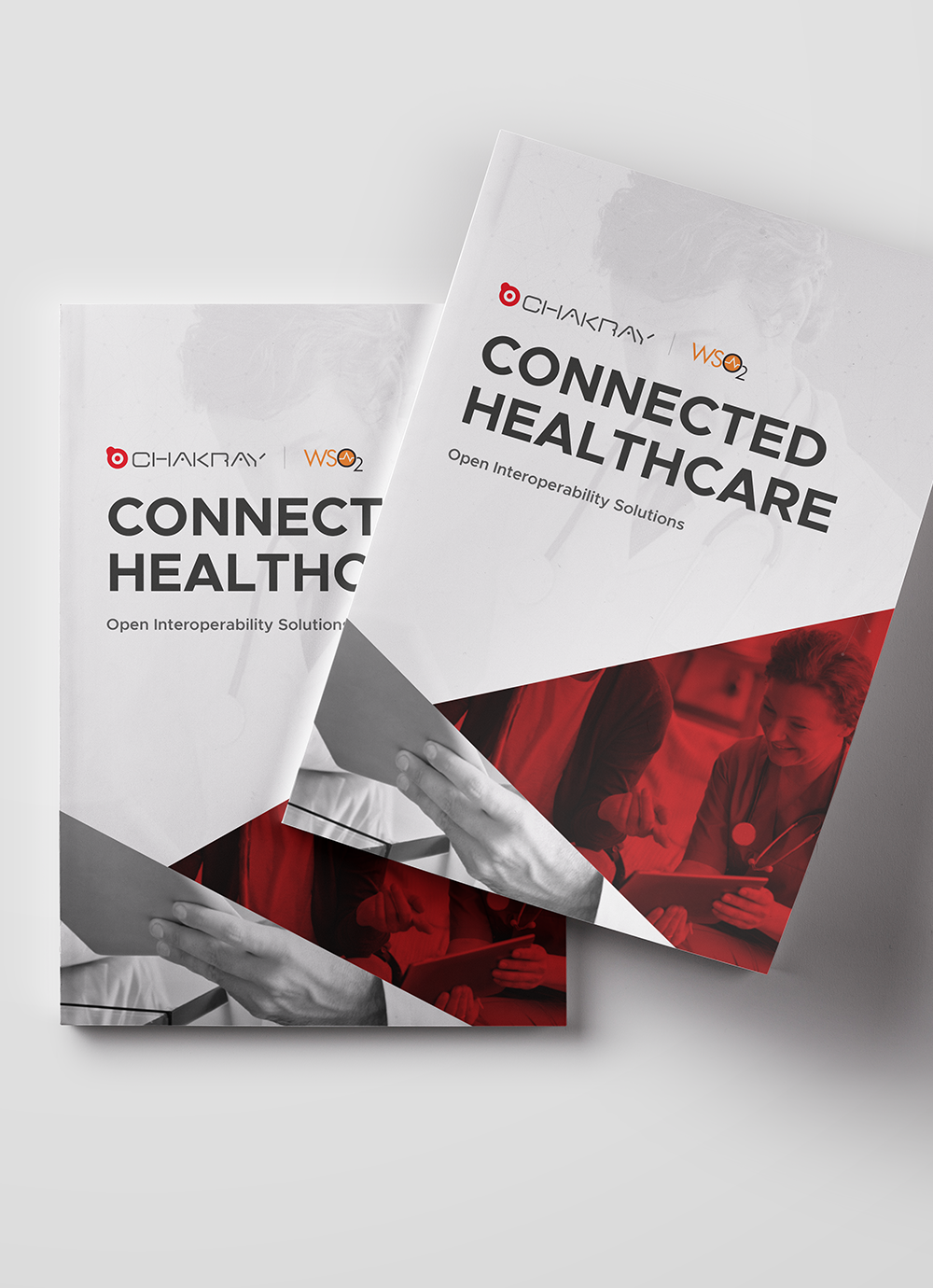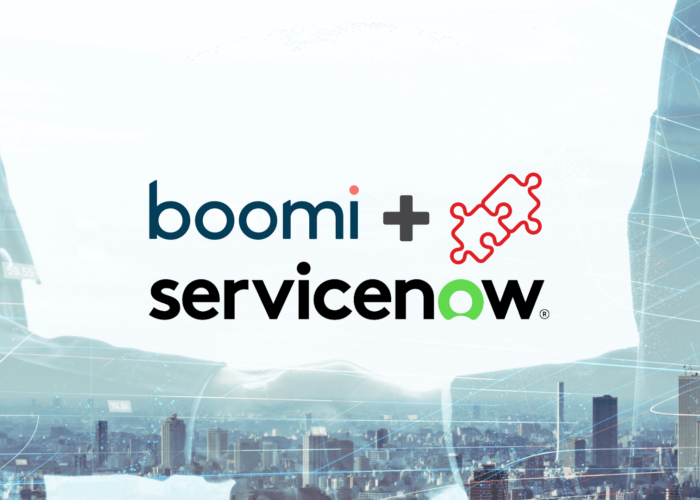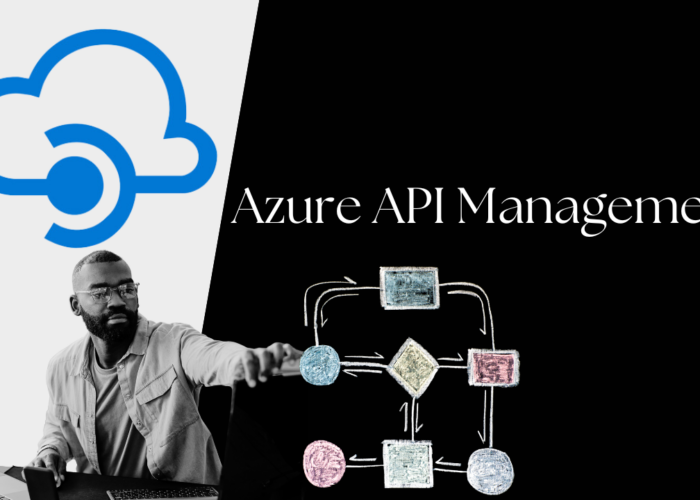The healthcare industry collects a large amount of data which is linked to patient health every single day. A growing amount of information that, nevertheless, remains filed in departments that are often unrelated to each other, which represents a loss of opportunity in terms of its use. On the other hand, one of the main current concerns about such data is their privacy, especially when personal health information is shared with a wide range of professionals.
Since the implementation of specific security measures is now essential for healthcare information platforms, the need to employ resources such as an API Marketplace has arisen. In this article we will analyze in detail its applications and advantages.
API Marketplace: What you should know
In today’s business world, especially in those industries that are more platform-centric, APIs offer excellent solutions in terms of development. This is something to which the healthcare industry should not remain oblivious. Standards such as FHIR (Fast Healthcare Interoperability Resources) are adopted on almost all clinical platforms for data access. However, the key missing piece is the availability of API Marketplaces and the API gateway-based ecosystem surrounding them.
“An API Marketplace resolves the issue of accessibility to healthcare data and will produce the right interaction between the API and the relevant stakeholders happen, going so far as to facilitate their innovation.”
A marketplace will encourage healthcare organizations to think about how they can expose and organize their repository data, making it available through open API initiatives.
A Marketplace API is useful for managing secure access and transferring data and, in a practical sense, a healthcare API Marketplace will primarily connect consumers of healthcare data with their providers, or in other words, medical professionals with their patients.
API Marketplace’s components
An API Marketplace has three basic components. These include API Management, the developer portal, and the activities (workshops, hackathons, incentive actions, and evangelization activities). It is not only a technological solution, but also a set of strategic and process decisions, changes, etc.
API Management is always the reference point of the platform itself, and comprises the gateway, the API management layer, the security layer, the access consent management layer, and the analysis layer.
The API gateway acts as an entry point for the platform that eventually connects to the actual data backend EHR (Electronic Health Record) systems. It integrates seamlessly with the security layer, providing token-based security and rights based on specific policies. The management layer is responsible for controlling the operational actions that expose API, people-driven management models, policy management, and analytics management.
[FREE GUIDE] API Management: How to accelerate the growth of my business with Open Source API?
Among the functions performed by developers is the ability to monitor, measure, and manage API. Thanks to this analytics functionality, alerts can be generated when scenarios such as API invocation failures, a sudden increase in response times, or a change in the pattern of API access occur.
The consent management layer puts in place workflows that ensure that the necessary safeguards are in place for sharing, storing, and using data. With an API it is possible for different specialized healthcare systems to index API into a central developer portal maintained by the provider organization, whether it is a hospital or another type of medical center.
On the other hand, in order to build a successful API Marketplace, platform owners can participate in activities such as workshops, incentivized hackathons, ‘evangelism’, etc.
5 reasons why the healthcare industry should have an API Marketplace
Why should the healthcare industry take advantage of an API Marketplace? Below are some key benefits:
Cost savings and increased efficiency
An API Marketplace for the healthcare industry can mean great cost savings for the services that it implements, improving efficiency thanks to the prevention of management errors in the supply of medicines, the management of waiting lists, or common access to the results of medical tests.
Specificity
API developers can define functional areas, competencies and ad hoc tags for the healthcare industry, which helps to create a tool that provides specific functionality, making it easier to use and reuse.
Shared data
The social characteristics of an API Marketplace encourage participation. This can be achieved for example, through discussion forums, which make them excellent for integrating improvements and encouraging interaction among all your users. They also allow better prediction of staffing needs and give professionals access to studies and research that could help them make better diagnoses.
Scalability
The use of an API Marketplace makes it possible to add functionalities and new services in a simple way to respond to the various demands that may arise.
Privacy
In an industry where data is so sensitive, an API Marketplace is able to encrypt all necessary information. Permission management prevents unwanted access and limits it to specific participants, in this case medical professionals. On the other hand, it records who has had access to which data sources, at what time, and for how long.
How to achieve a reference architecture with WSO2?
WSO2 open-source technology helps healthcare providers to prevent inefficiencies in terms of the integration of different healthcare systems. One of the ways to do this is to facilitate interoperability through protocols such as HL7 / FHIR / ARGONAUT and data formats such as ICD / SNOMED CT / CCD. Moreover, it ensures data privacy and security through authentication, rule-based entitlements, data normalization, and data de-identification.
A WSO2 API Manager achieves both the reliability and transparency of backup, logging, and message tracking systems, as well as making it easier to access and exchange data.
Keep reading: interoperability and successful data exchange in the healthcare industry.
Conclusions about the use of API Marketplace
The use of an API Marketplace is the best way to cope with the high volumes of data generated by the healthcare industry and its increasing exchange, improving the patient experience and the care offered to them. Thanks to its functionalities, it is now possible to store and use, when needed, these datasets in a secure way, as well as to make them accessible to both healthcare stakeholders and citizens themselves. The result is an improvement in the efficiency of the healthcare industry and greater access by the population to innovations in healthcare technologies.
If you want to take the first steps with an API Marketplace, our team of consultants is always ready to advise you according to your business needs. Contact us!








